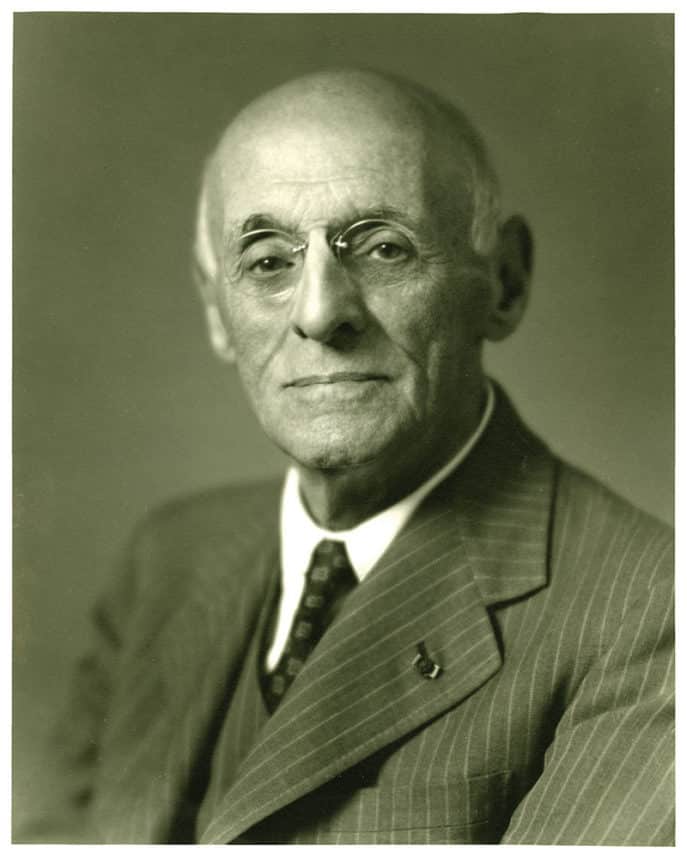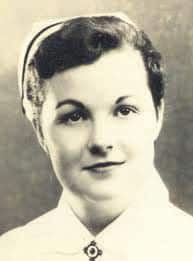 Photo by Sergey Tinyakov/Getty Images
Photo by Sergey Tinyakov/Getty Images Jewish Contributions to Humanity #4:
Original research by Walter L. Field.
Sponsored by Irwin S. Field.
ABRAHAM FLEXNER (1866-1959) b . Louisville, Kentucky. The academic reformer.
Abraham Flexner was an unlikely candidate to be one of the greatest reformers of American medicine. After all, he wasn’t a doctor and had no medical training. And yet, his proposal to reform health education created the medical school system that remains with us today. A high school teacher and principal, Flexner first made waves in 1908 when he published a book critical of American universities—particularly their penchant to prioritize research over schooling and their preference for large lectures instead of intimate classroom settings. That book, “The American College,” received the attention of the president of the Carnegie Foundation, Henry Pritchett, who then commissioned Flexner to write the “Flexner Report,” a 1910 analysis of American medical training. His report called on schools to raise the bar on admission and graduation standards, follow mainstream scientific and medical theories, take control of clinical training in hospitals, and to be subjected to stronger state medical licensing regulations. In the 25 years following the publication of his report, more than half of America’s medical schools, including a number of the handful that existed for black students, closed or merged—he wanted to cut the annual number of medical school graduates from 4,400 to 2,200. His impact on American education continued in 1930 when he helped found the Institute for Advanced Study, a postdoctoral research center in Princeton.
 LILLIAN WALD (1867-1940) b. Cincinnati, Ohio. Raised among the wealthy, she toiled among the needy.
LILLIAN WALD (1867-1940) b. Cincinnati, Ohio. Raised among the wealthy, she toiled among the needy.
Raised in relative wealth, Lillian Wald chose to live a life dedicated to those who lived in poverty—and in the process she helped create lasting institutions in America that fulfilled and still fulfill her vision of supporting the needy. After training as a nurse in New York, Wald eschewed the traditional hospital path to instead set up shop on the Lower East Side, where donors supported her mission of providing free medical care for poor communities that had few medical resources. The term “public health nurse” was first used in connection with her clinic. Her nurse shop—which added dozens of staff—became the Henry Street Settlement, which exists today and annually aids about 50,000 low-income New York residents, with health care being but one of its many social services. In addition to this local triumph, Wald partnered Henry Street with a major insurance company, which inspired countless other insurance companies to embark on social service projects. She was also a founding member of the NAACP, and hosted the group’s founding meeting at Henry Street. A female leader at a time when few women held leadership roles in America, Wald was a relentless activist in concretely improving the lives of the working poor. She was also a co-founder in the early 1900’s of the National Child Labor Committee, a group that was chartered by Congress in 1907 and, to this day, exposes and fights cases of child labor in the United States.





















 More news and opinions than at a Shabbat dinner, right in your inbox.
More news and opinions than at a Shabbat dinner, right in your inbox.